What I Can Help You With
My therapy practice includes work in many areas! This list is not exhaustive, so please contact me if you are seeking help for something not listed here.
I have expertise in a variety of therapeutic approaches. You can read more about them here.
ADHD (inattention and/or hyperactivity and impulsivity)
adjustment to separation or divorce
adjustment to other life circumstances
adoption adjustment
angry outbursts/poor emotional control
anxiety/excessive worry/fears
autism spectrum disorder (high functioning)
bully/victim problems
challenge with routines such as mornings and bedtimes
depression/sadness
emotion dysregulation
encopresis (soiling) and enuresis (wetting)
executive functioning deficits
fears, including fear of injections, shots, or blood draws, dental procedures
giftedness-related issues
grief/bereavement
irritability
learning disabilities’ impact on functioning
low self-esteem
OCD (obsessions/compulsions, including PANDAS/PANS/Strep-related OCD) and Disgust OCD
oppositional-defiant behavior
parent limit-setting
parent stress
phobias
preschool adjustment
relationship difficulties, including peer relationships
rumination
school advocacy needed
school challenges
school refusal
sensory processing concerns
shyness (extreme)
sleep issues
social skills challenges
stress
tic disorders (motor tics and vocal tics)
toileting issues, including potty training, frequent urination, soiling, and wetting
Tourette syndrome
transition to middle school or high school


